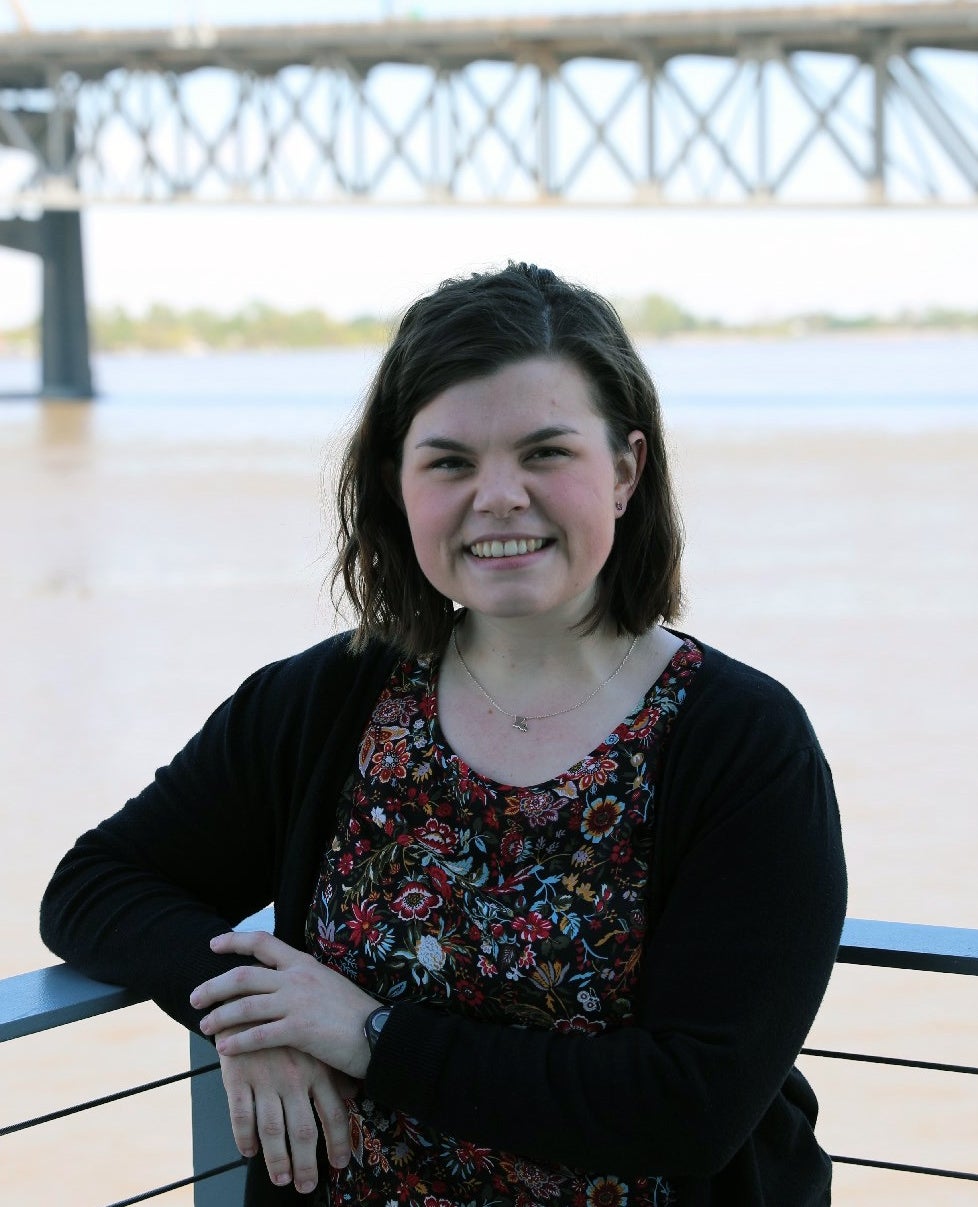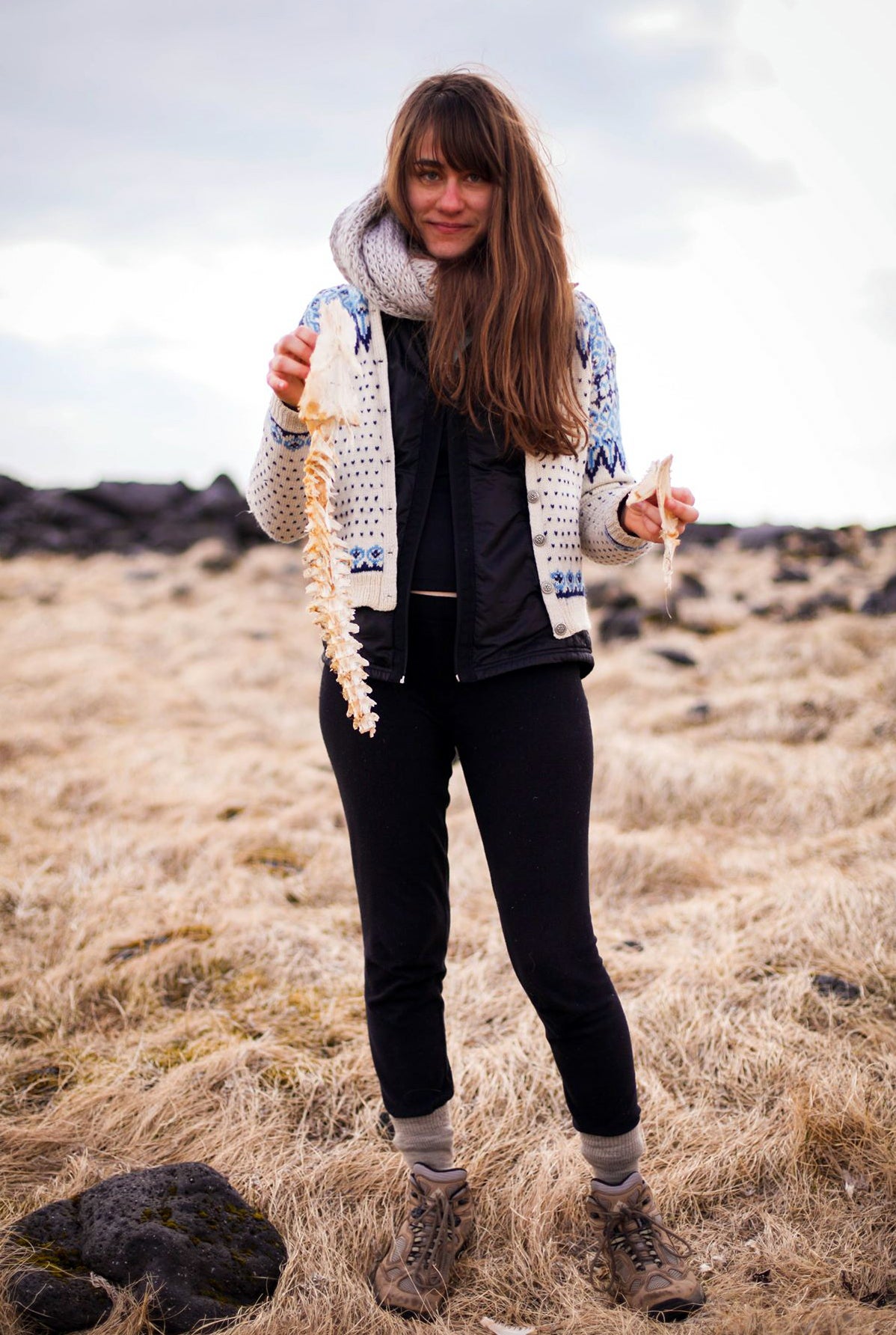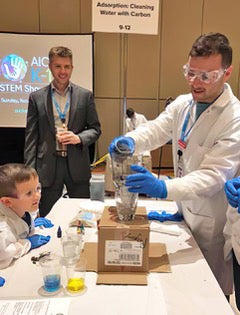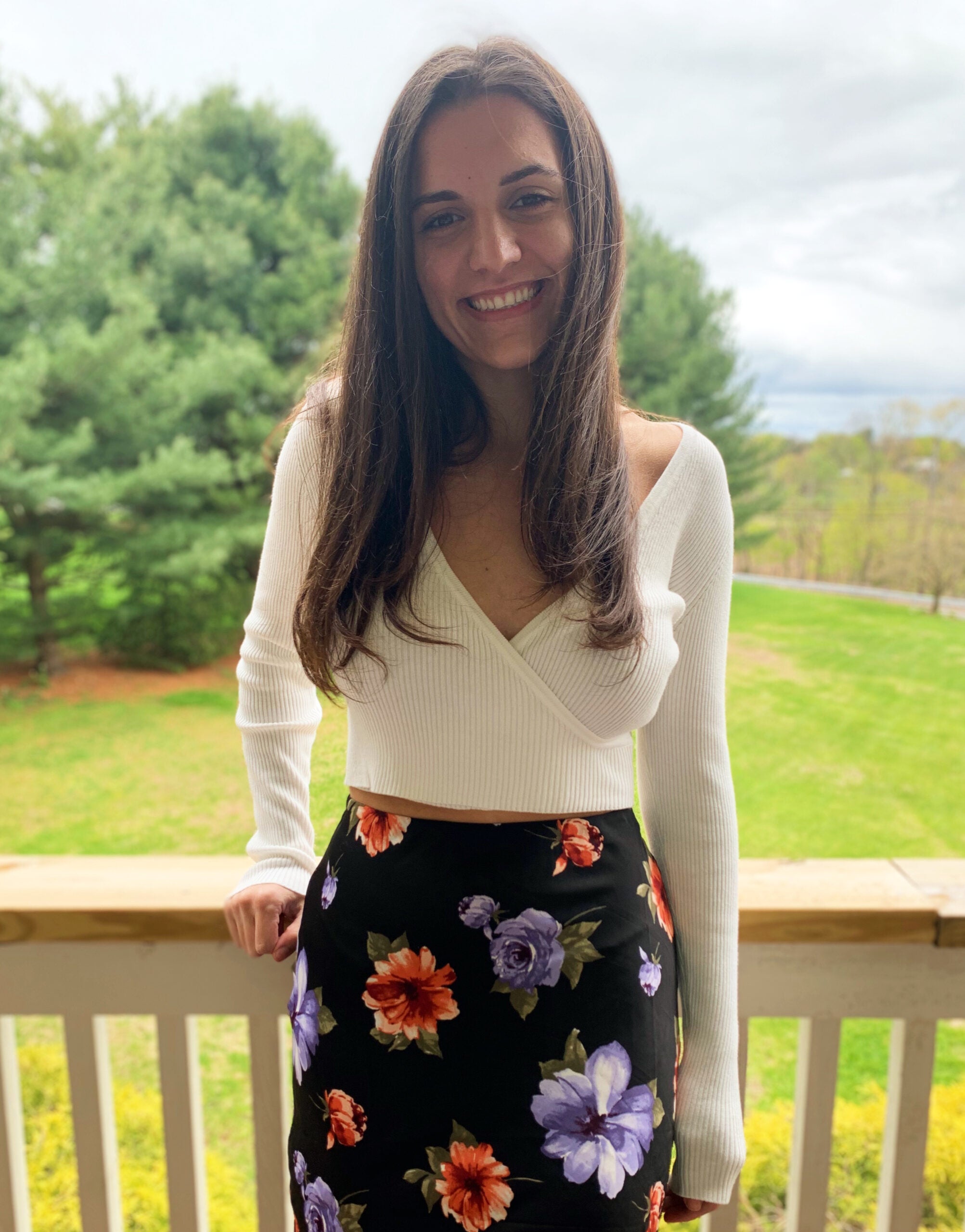KINGSTON, R.I. – May 18, 2020 – Five University of Rhode Island students have been recognized by the National Science Foundation as Graduate Research Fellows, a distinction that includes funding to cover three years of their graduate education plus an annual $34,000 stipend.
Selected for the honor are Megan Guidry of Luling, Louisiana, who will enroll as a doctoral student at URI in the fall; Michelle Hauer, a doctoral student from Chicago, Illinois, studying oceanography; Justin Hayes, a chemical engineering and Spanish major from South Kingstown, Rhode Island; Alexa Leone, an ocean engineering major from Hillsborough, New Jersey; and Elaine Shen, a doctoral student from Houston, Texas, studying marine ecology.
In addition, graduate students Elizabeth Hunter and Taylor Lindsay and URI alumni Dawn Parry and Megan McSweeney received honorable mention.

Guidry, who graduates from Louisiana State University this month, will work with URI Assistant Professor Jonathan Puritz to study oyster genomics and how oysters respond to multiple environmental stressors, like ocean acidification and sewage effluent.
“I was attracted to these questions because of the implications oysters have for coastal ecosystems and communities,” she said. “Growing up in southeast Louisiana, where communities are on the front lines of climate change, shaped my interest in coastal environments.”
When she completes her doctoral studies in 2025, she plans to work for a government agency, non-profit or private industry to mitigate the effects of climate change and human impacts on environmental quality, marine invertebrates and fisheries.
Hauer is in her second year as a doctoral student at the URI Graduate School of Oceanography, where she works with Assistant Professor Roxanne Beinart on research examining the symbiotic relationships among organisms living near hydrothermal vents in the western Pacific Ocean.

“What is great about the fellowship is that I’m not tied to the project I proposed,” she said. “As I continue to learn and grow as a scientist, my ideas and questions continue to evolve, and the fellowship provides intellectual freedom that is not always achievable when funded by other grants.”
Having studied environmental science and graphic art as an undergraduate at DePaul University, she looks forward to a career combining scientific research and conservation with science communication involving nature photography, filmmaking and other innovative artistic methods.
Hayes was thrilled to receive word he had been awarded the fellowship, which he will spend studying chemical engineering at Northeastern University.

“It was a great feeling because I had spent well over 100 hours researching and talking to faculty about the fellowship and then writing, rewriting, and rewriting the proposal over a six-month span,” said Hayes, a Department of State Gilman Scholar who spent last year studying in Spain as part of URI’s International Engineering Program. “The fellowship will allow me greater flexibility in picking a research group, and I will be able to be more creative in developing my own research project.”
While he isn’t yet certain what specific research he will undertake in graduate school, he expects it will be genetic engineering for applications related to the gut microbiome, bioplastics or pharmaceuticals production. He hopes to eventually start his own biotechnology company related to his research.

Leone will begin her two-year master’s degree program at URI this fall in ocean engineering with Professor Chris Baxter studying reinforced dunes.
“Reinforced dunes are nature-based and alternative structural systems that have the ability to protect the coast from extreme events and adapt to the changing coastline,” she said. “The overall objective of my research is to better understand the mechanisms responsible for the failure of reinforced dunes.”
As a graduate research fellow, she hopes to participate in an NSF program that allows fellows to perform some of their research abroad, perhaps in the Netherlands, France, Finland, Chile or Australia. She eventually plans to work in private industry as a coastal engineer.
Shen earned an undergraduate degree from Rice University and is now in her second year of a URI doctoral program working with faculty members Austin Humphries and Chris Lane.
“I study the drivers of coral reef biodiversity in Indonesia, where reefs are affected by a multitude of drivers, including small-scale fisheries pressure,” said Shen, who competed on America’s Got Talent in 2013 with the Mitsi Dancing School. “To do this, I use a combination of traditional and novel meta-genetic methods to survey biodiversity.”
The fellowship will allow her to travel to Indonesia during the school year to conduct additional field work and train with partner institutions there. She also plans to pursue a Graduate Research Internship to conduct research with the Smithsonian Institution or National Oceanic and Atmospheric Administration. When she completes her degree in 2023, she will seek a job as a research scientist for a governmental or non-governmental organization focused on ocean conservation and management.
Since 1952, the National Science Foundation has funded more than 50,000 Graduate Research Fellowships out of more than 500,000 applicants. Forty-two fellows have gone on to become Nobel laureates.

